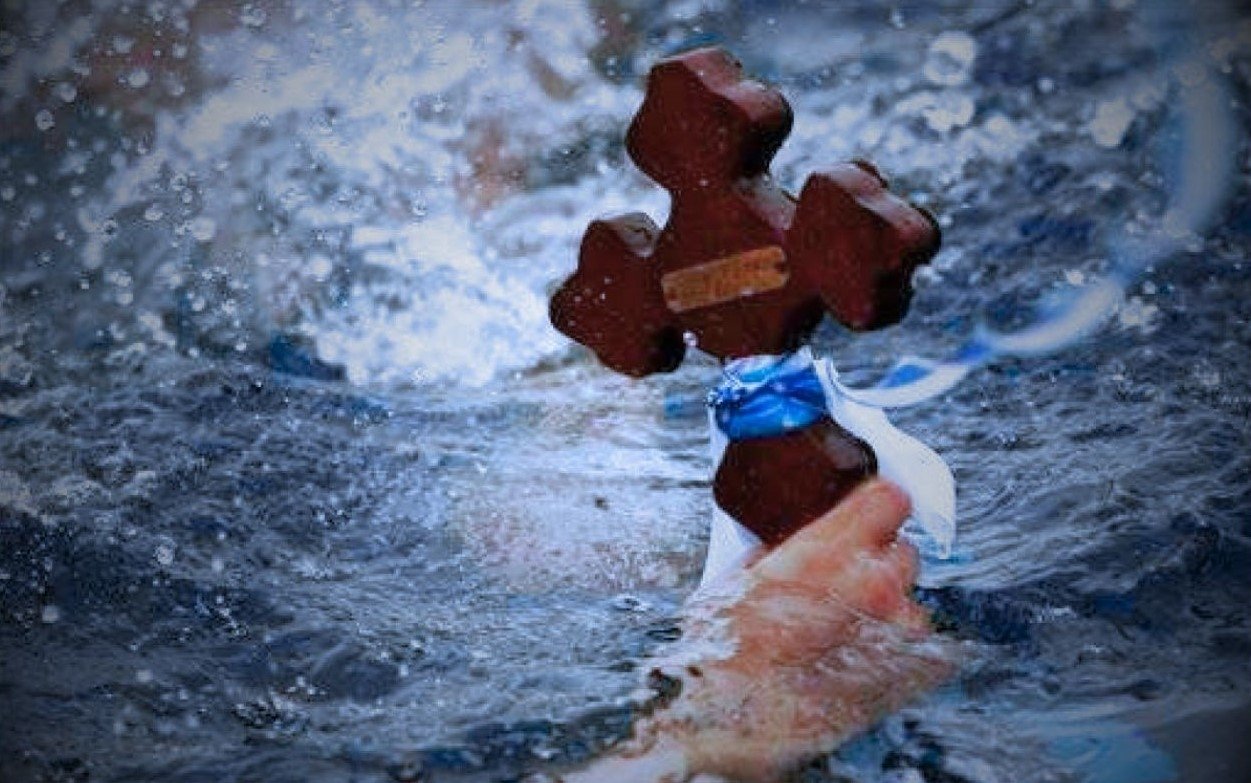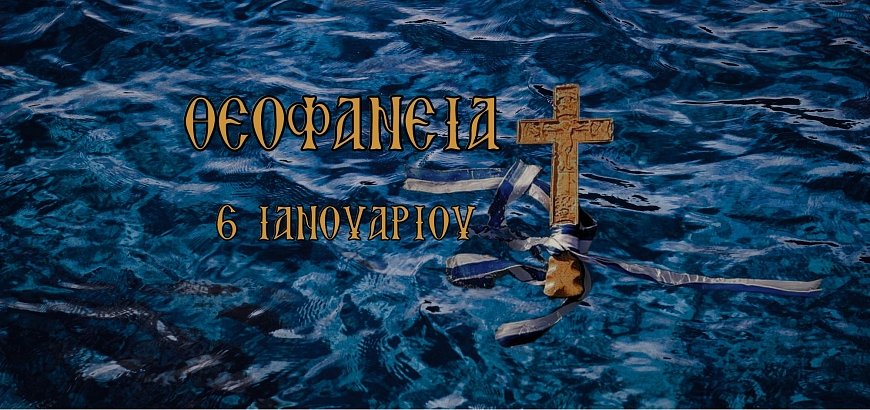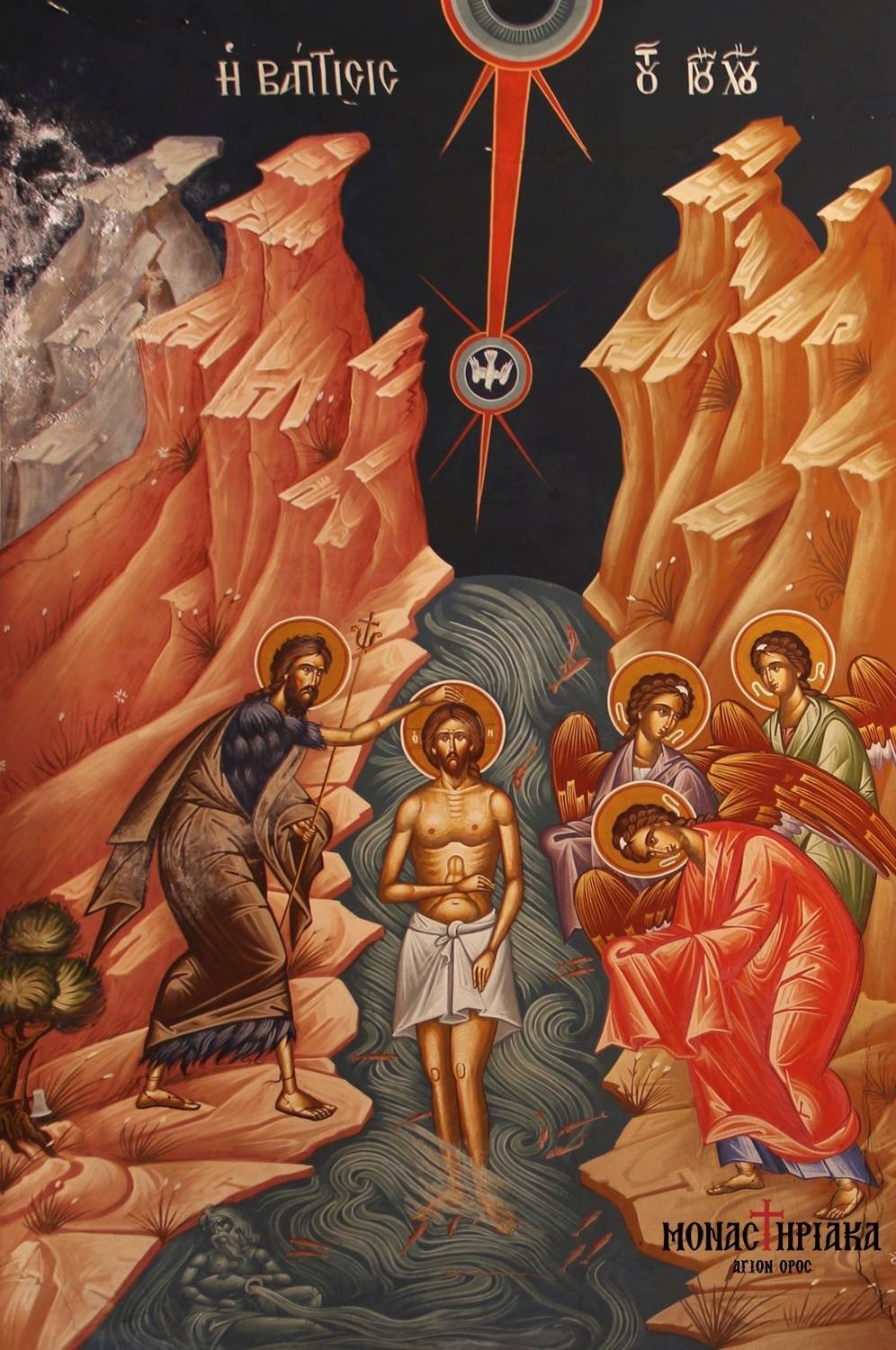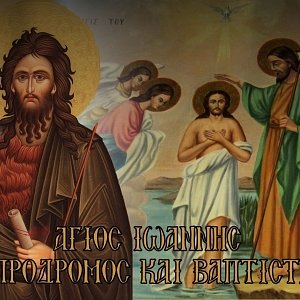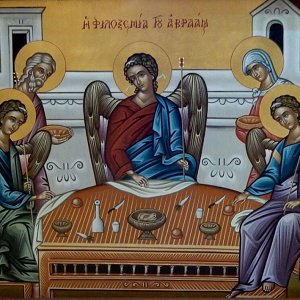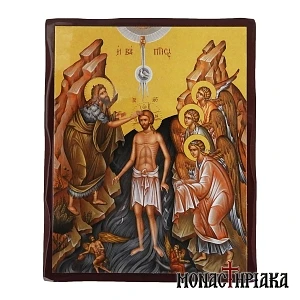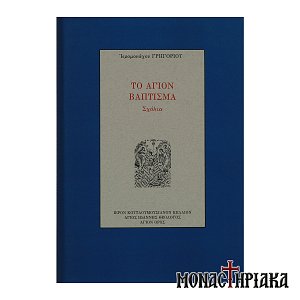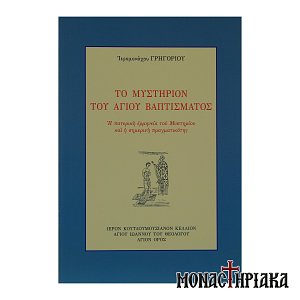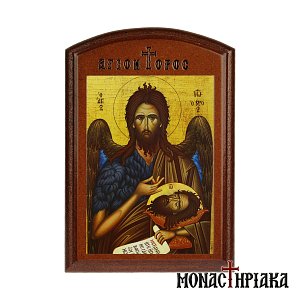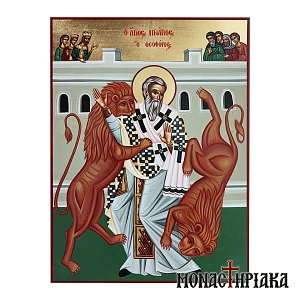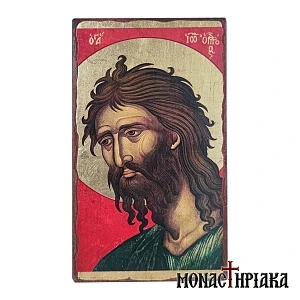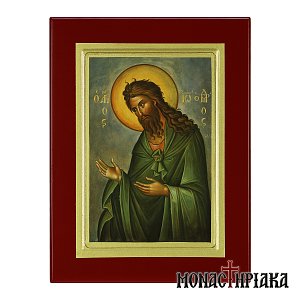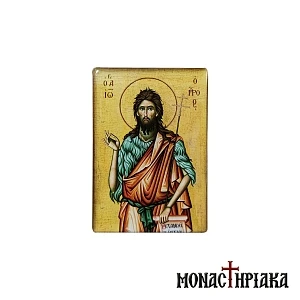When do we celebrate the Epiphany
The "Holy Epiphany" or "Theophany" or "Eve of Lights" was established in the 2nd century AD and thus it is one of the oldest celebrations of Christianity.
It is not certain on which date it was celebrated at first. It is reported that in the past, the Epiphany was sometimes celebrated on 6 January, sometimes on 10 January.
Today, our Church celebrates Epiphany on 6 January and it is the third and last feast of the Twelve Days, which begins after Christmas.
What the Epiphany symbolizes
Theophany refers to the manifestation of the three persons of the Holy Trinity at the baptism of Jesus Christ and is therefore called Theophany (from Greek "Θεο-φάνεια", which means “appearance of God”).
The message of this feast is the rebirth of Jesus Christ. In his baptism, Christ made the waters holy, so that they could be transformed into "a gift of sanctification, a removal of sins, a reducer of diseases, a destroyer of demons, inaccessible to the powers that be".
The Baptism of Jesus Christ by Saint John the Baptist
By Divine commandment, Saint John the Forerunner left his life in desert and settled on the Jordan River where he preached and baptized.
One day Jesus Christ appeared to him and asked to be baptized. John, although he already knew who was the man who asked him to be baptized, at first refused to baptize Him, claiming that he himself needed to be baptized by Him.
Then Jesus tried to explain to him that this was God's will. John accepted it, and then in front of the astonished eyes of the spectators something unique took place.
In the form of a dove the Holy Spirit descended and sat on Jesus Christ, while at the same time the voice of Our Lord was heard from heaven saying: "This is my beloved Son, in whom I am well pleased".
Here you can find icons with Saint John the Forerunner and Baptist.
Since then, the baptism of the Christians is not just "in water", like John's baptism of "repentance", but "in the Holy Spirit". By being baptized, the Lord sanctified water, made it water of sanctification and reconciliation with God.
Thus, the Lord's Baptism opened the door of the Sacrament of Baptism. By the cleansing grace of Holy Baptism, the sinful man is renewed and by keeping the divine commandments he becomes an heir to the kingdom of heaven. Find here the book 'The mystery of Holy Baptism'.
Why is Epiphany called the feast of Lights
During the fourth century, the Orthodox Church began to celebrate Epiphany with awe and splendor, as a feast that gives light to the world through the Holy Baptism of Jesus Christ. For this reason, Epiphany is called the Feast of Lights. The Feast of Lights marks the end of the festive season of Christmas and New Year.
How we fast for the Epiphany
On the eve of Epiphany, a fast is observed, which is without oil. The only way to include oil in the fast is if the eve falls on a Saturday or Sunday.
The Fathers of the Church state that for the faithful to be able to receive the Holy Communion, they should not have eaten or drunk anything between midnight and the time of the Holy Communion.
As St. Nicodemus the Athonite mentions in "The Rudder", the reason for fasting on the eve of Epiphany is to make up for the fast that is lost, when the feasts are on Wednesday or Friday.
The sanctification of the houses on the Eve of Lights
In Greece, on the eve of Lights, the sanctification of the houses by the priests is called the Small Sanctification or “Protayasi” or “Fotisi”. The priests with the cross and a sprig of basil illuminate (sprinkle) all areas of the house to sanctify and remove evil.
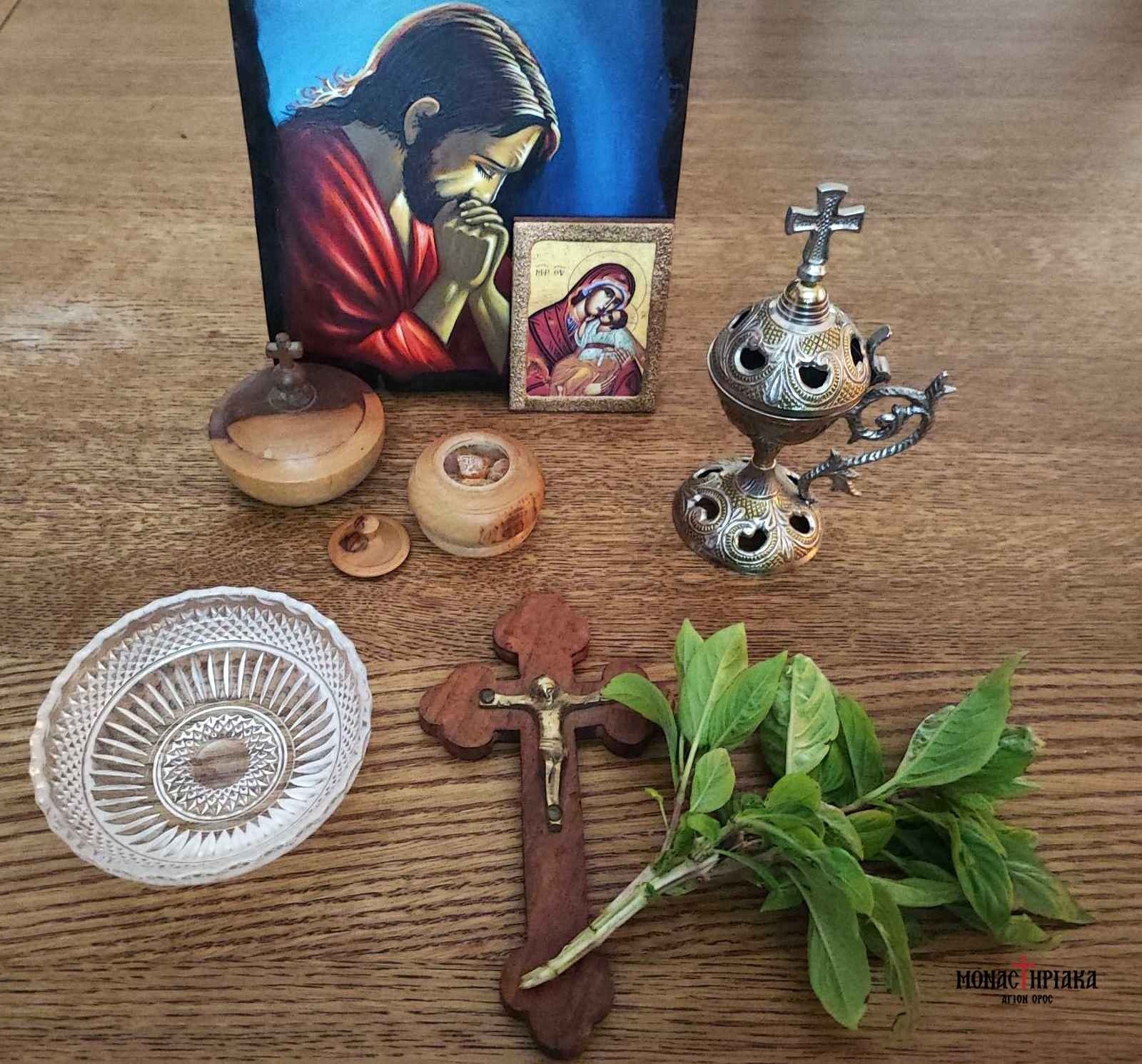
Why we throw the cross into the waters on Epiphany
In Greece, we have the tradition to throw the cross in the waters and the faithfuls try to catch it. The reason why the cross is thrown into the sea or river or lake is to bless the waters.
After the cross is thrown, swimmers, mainly at a young age, the so-called Voutihtades, dive in to catch the cross. The swimmer who manages to catch the cross receives the blessing of the priest and receives numerous honours from the surrounding bystanders.
At that moment, the bells ring out in a joyful tone as well as the sirens of any ships that may be nearby. All the faithful symbolically take three sips of the holy water with reverence.
In fact, in many areas of Greece, after the sanctification of the waters, many Christians wash icons, machinery and various other items of their own in the holy water to be sanctified.
Here you can find icon with the Baptism of Jesus Christ.
